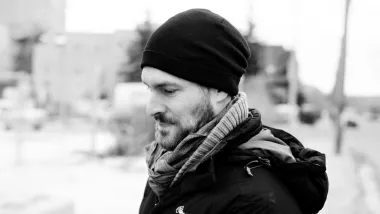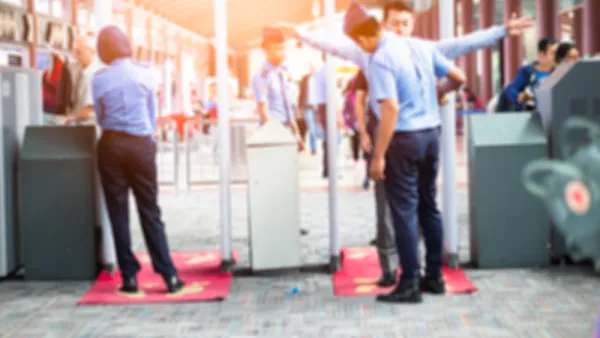You’re being monitored. Everything you are is tracked and stored in a data centre. How do you feel about these digital and physical forms of regulation? Do they make you jittery? Do you feel more secure? Are you a wiser consumer?

You’re being monitored. Everything you are is tracked and stored in a data centre. What you email, tweet, text; where you shop; how you shop; what you say on your phone; where you drive, how you drive; what books you borrow from the library. Your life is a postcard, exposed for anyone capable to read. Those words penned to your loved one from that historic city, beach or water-side cafe were read by the postal worker, your landlord, your resident assistant.
That’s a grim picture, that perceived loss of privacy. But it’s the new normal, isn’t it? Google, Apple, Facebook: they use facial recognition algorithms to aid your searches. Their analytical software monitors every keyword tapped. That Google graphic on its – your! – homepage? This month it wished my partner a happy birthday. The logo was a brilliantly executed cake, candles to blow and all. I was informed that it was “cute... and slightly disturbing.”
In a New York Times article this month, Jaclyn Trop reveals that there’s a data privacy battle brewing inside your car. Your car’s onboard computer will transmit your behaviour such as how efficiently you’re driving. A pleasant voice will inform you that you’re tapping the breaks too much. GPS data will track your regular driving routes. Your next on-screen warning might be advising you of a sale at the big box store you’re heading towards.
It was revealed last year that the National Security Agency is tracking cellular phone data, almost five billion calls a day according to The Guardian. Your text messages, the photos you share, they’re archived. Responses to this revelation ranged from outrage to shoulder shrugs. And now there’s Angry Birds.
This nosiness occurs offline too. The new cityscape comes littered with CCTVs and roving security patrols, a surrogate of your digital life. It makes you feel a bit jittery, doesn’t it? The nosiness, once you’re aware of it. It’s in the name of security, to maintain order.
But the prescribed ordering isn’t always so overt. Like the analytics run on your Facebook account, the observations – The Observer – is becoming unnoticeable, or even quaint. Happy Birthday! à la Google, or ornately designed park benches to discourage sitting, lying down and loitering – thus lessening the need for the roving patrols.
This alignment of jittery space – both digital and physical – provokes questions about the implications. What are the impacts of our behaviours being catalogued and it is only those behaviours that are targeted? How much freedom do we have in our streets and digital worlds with such selection, such selecting? What happens to spontaneity? What happens when we’re all feeling the jitters?
Cribbing from metropolitan geographer Steven Flusty, jittery space threatens the free exchange of ideas that engender a progressive society. Jitteriness creates an impediment to the cross-cultural communication necessary to knot together our increasingly diversifying communities. With the prescription of the jitters we lose our right to space in which to simply just be.
How do you feel about these digital and physical forms of regulation? Do they make you jittery? Do you feel more secure? Are you a wiser consumer?
Connect with me on Twitter @stevenpsnell or Facebook stevenpsnell
Download my novel, The Undergraduates

Analysis: Cybertruck Fatality Rate Far Exceeds That of Ford Pinto
The Tesla Cybertruck was recalled seven times last year.

National Parks Layoffs Will Cause Communities to Lose Billions
Thousands of essential park workers were laid off this week, just before the busy spring break season.

Retro-silient?: America’s First “Eco-burb,” The Woodlands Turns 50
A master-planned community north of Houston offers lessons on green infrastructure and resilient design, but falls short of its founder’s lofty affordability and walkability goals.

Test News Post 1
This is a summary

Analysis: Cybertruck Fatality Rate Far Exceeds That of Ford Pinto
The Tesla Cybertruck was recalled seven times last year.

Test News Headline 46
Test for the image on the front page.
Urban Design for Planners 1: Software Tools
This six-course series explores essential urban design concepts using open source software and equips planners with the tools they need to participate fully in the urban design process.
Planning for Universal Design
Learn the tools for implementing Universal Design in planning regulations.
EMC Planning Group, Inc.
Planetizen
Planetizen
Mpact (formerly Rail~Volution)
Great Falls Development Authority, Inc.
HUDs Office of Policy Development and Research
NYU Wagner Graduate School of Public Service





























